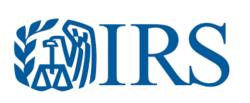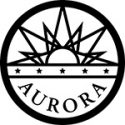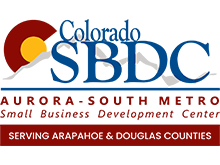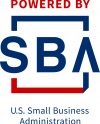The IRS Dirty Dozen
IRS kicks off annual list of most prevalent tax scams:
Agency warns taxpayers of pervasive phishing schemes in its ‘Dirty Dozen’ campaign
The IRS warns taxpayers, businesses and tax professionals to be alert for a continuing surge of fake emails, text messages, websites and social media attempts to steal personal information. These attacks tend to increase during tax season and remain a major danger of identity theft. To help protect taxpayers against these and other threats, the IRS highlights one scam on 12 consecutive week days to help raise awareness.
Phishing schemes are the first of the 2019 “Dirty Dozen” scams. “Taxpayers should be on constant guard for these phishing schemes, which can be tricky and cleverly disguised to look like it’s the IRS,” said IRS Commissioner Chuck Rettig. “Watch out for emails and other scams posing as the IRS, promising a big refund or personally threatening people. Don’t open attachments and click on links in emails. Don’t fall victim to phishing or other common scams.”
The IRS also urges taxpayers to learn how to protect themselves by reviewing safety tips prepared by the Security Summit, a collaborative effort between the IRS, state revenue departments and the private-sector tax community. “Taking some basic security steps and being cautious can help protect people and their sensitive tax and financial data,” Rettig said.
For more on the worst of the worst tax scams, visit https://www.irs.gov/newsroom/dirty-dozen.
